
How publishers can improve efficiency without collateral damage
When not approached properly, content cost reduction can lead to collateral damage in the form of lower-quality content. Now more than ever, this needs to be avoided.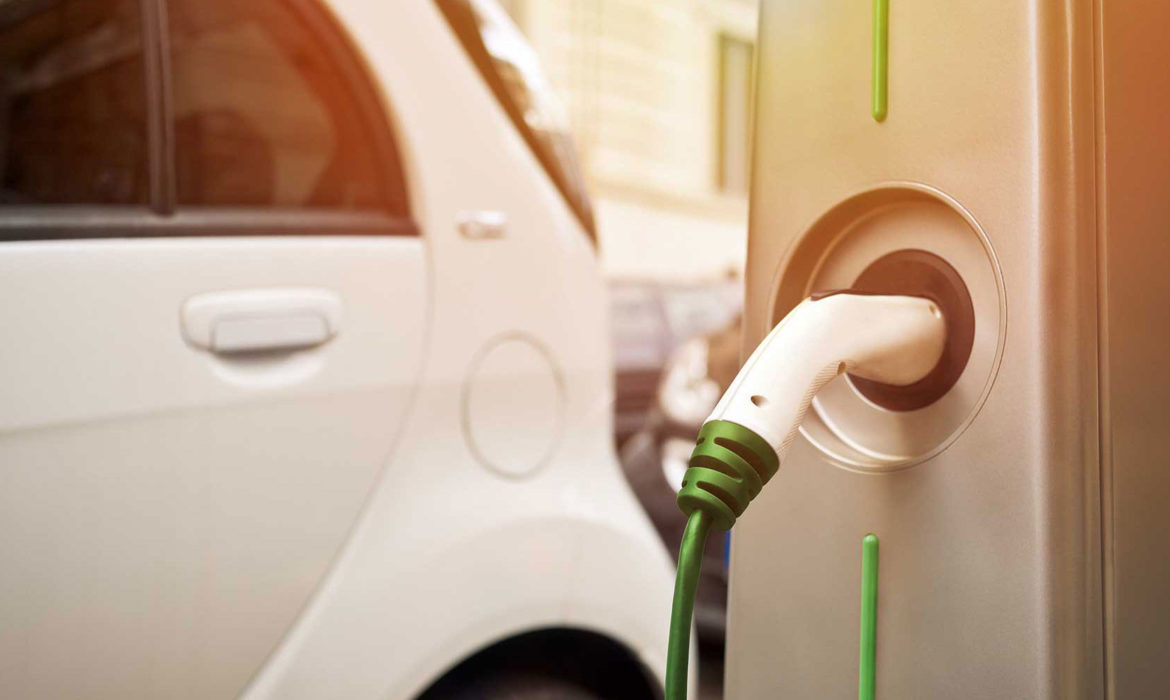
EVs – cost optimisation is key to balancing brand and price
There is now no doubt that the era of the Electric Vehicle (EV) is upon us. This is disruption on a gigantic, global scale and all the hopefuls in this mix are positioning to take commercial advantage of this seismic shift.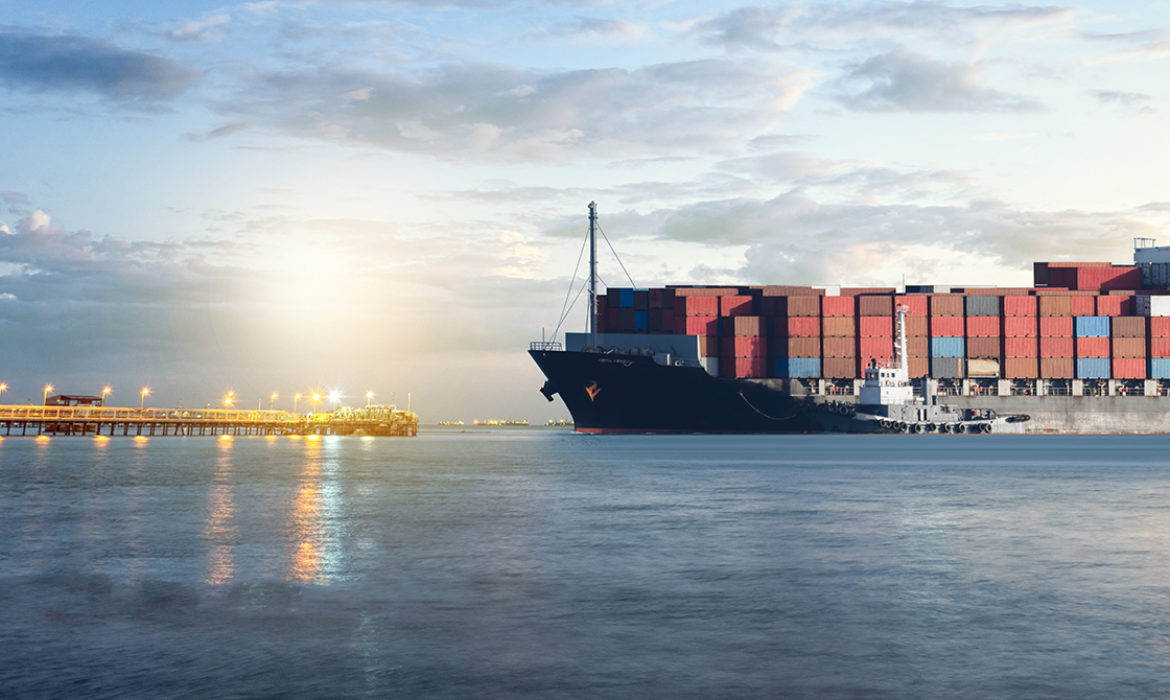
Prioritising supply chain resilience is key to recovery
Many manufacturers have faced significant supply chain disruption over the past year. By focusing on improving supply chain resilience there is an opportunity for OEMs to position themselves for growth and profits.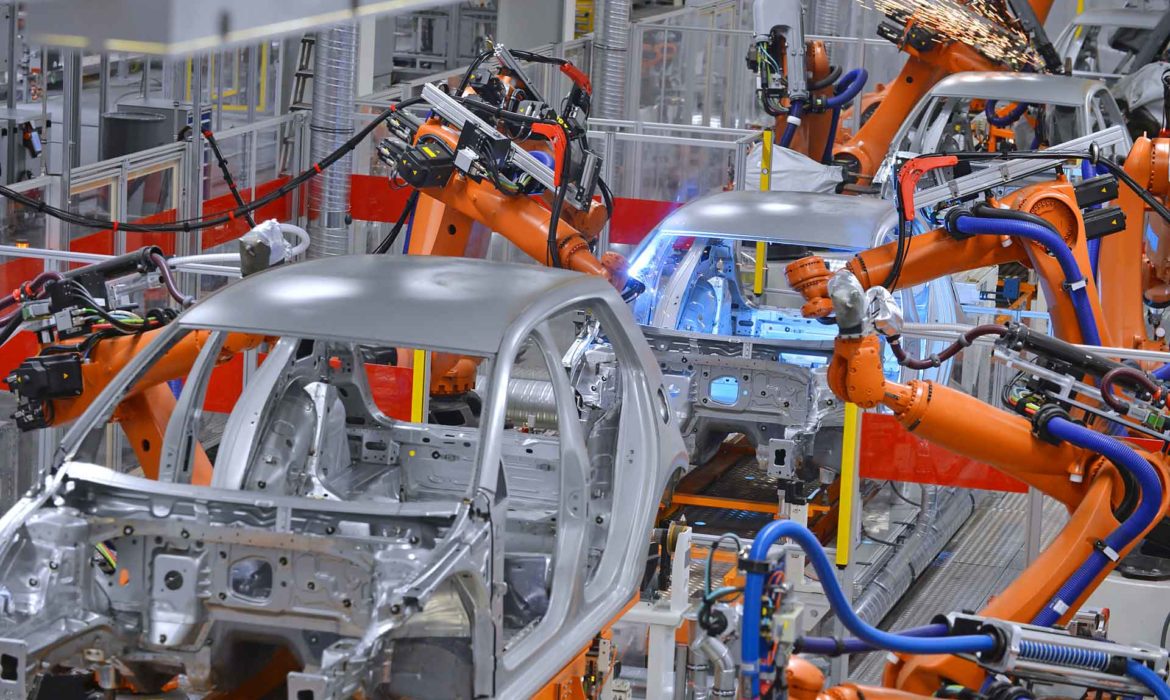
Will 2021 be the year supply problems hit car manufacturing?
A shortage of semiconductors resulting from the Covid-19 pandemic could be a watershed moment for automotive OEMs who are willing to adapt to the situation.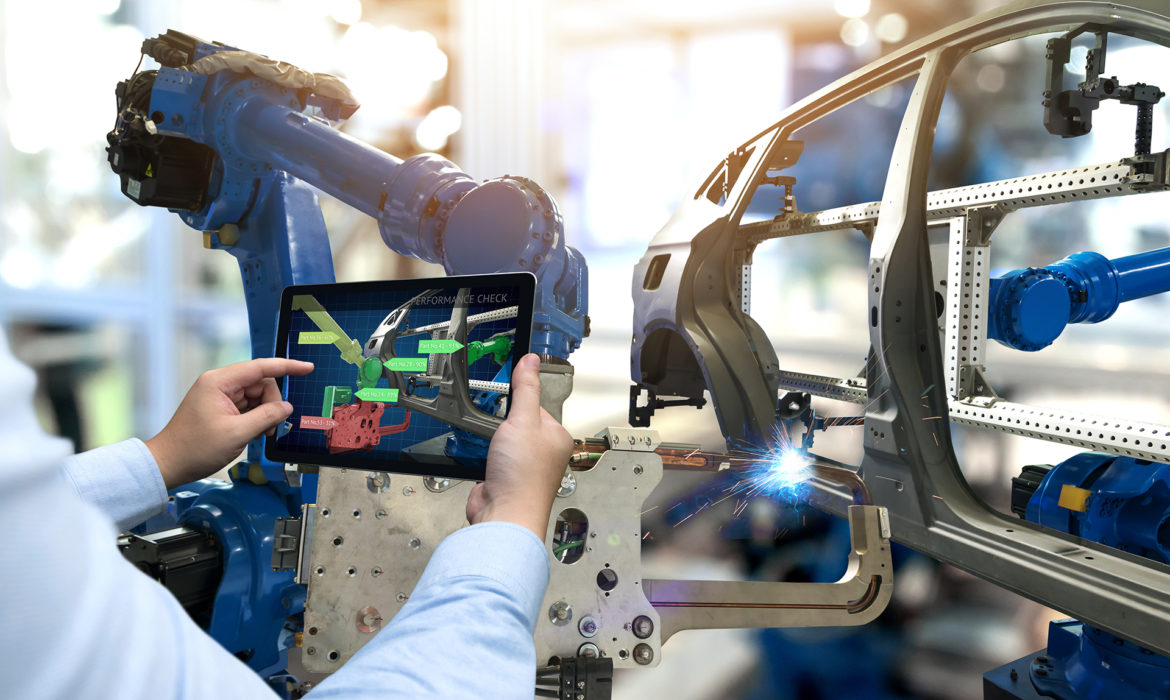
Playing the automation advantage
Rather than stalling strategic investments in automation and digital technologies in order to control costs, some high-value manufacturers are accelerating such plans in a bid to gain market share or drive additional enterprise value in recovery.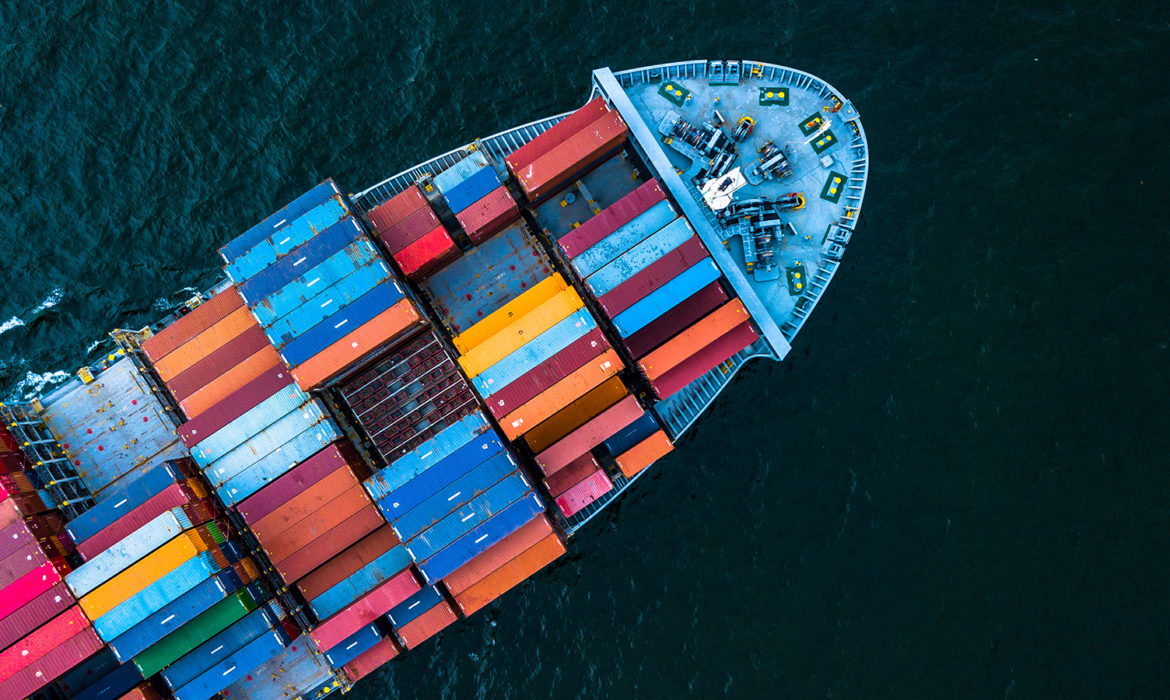
What’s changed for global supply chain strategy?
But with the prospect of COVID-19 vaccines in the pipeline, are supply chain and procurement managers preparing to press the reset button, or have global supply chain strategies changed for good?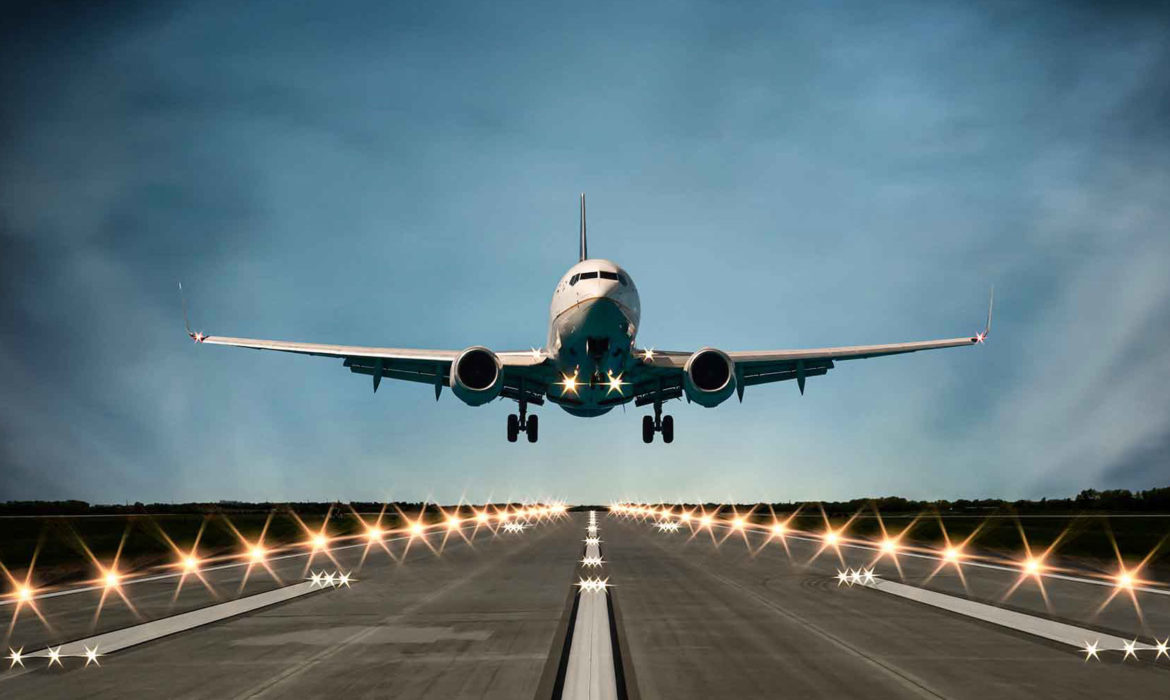
Preparing for a hydrogen-fuelled future
Why is there so much excitement about hydrogen’s potential for transforming the sustainability of modern air travel, and what practical challenges stand in the way of aviation’s hydrogen-fuelled future?
Is car ownership back in the driving seat?
Some analysts believe the car ownership model could soon be back in the ascendancy due to COVID-19. What impact is this having on the automotive industry and are there any supply chain implications?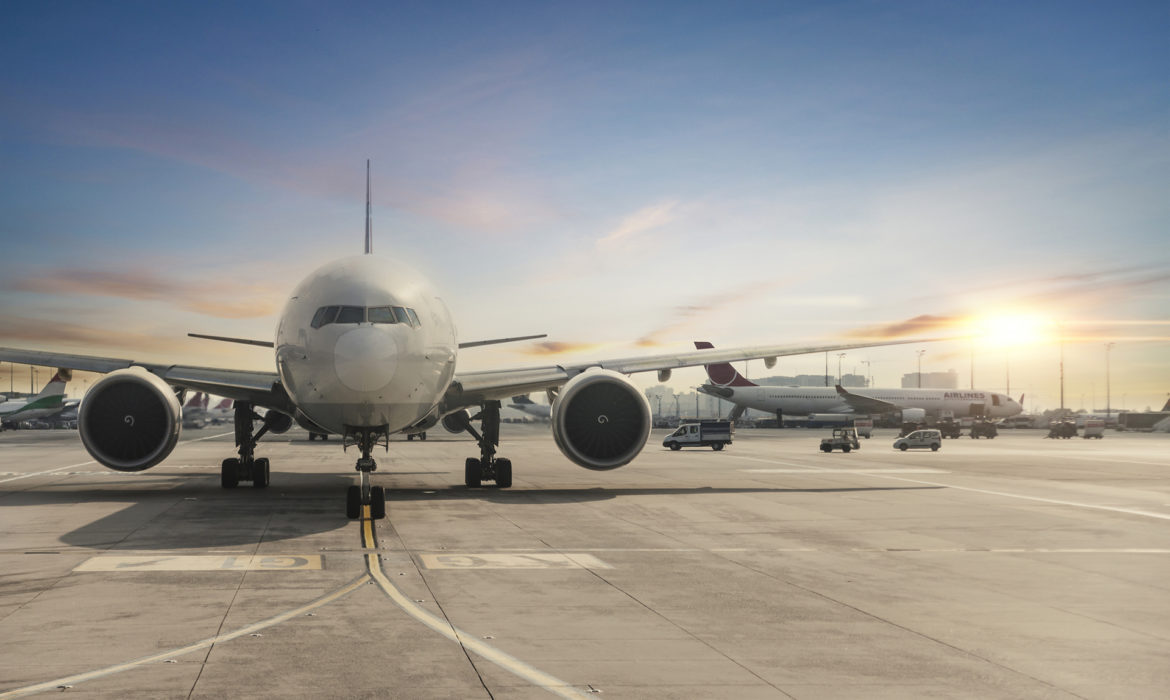
The long road to recovery starts here
With airlines grounded and international travel restrictions only now beginning to lift slightly, demand for replacement aircraft has plummeted and could take several years to recover.